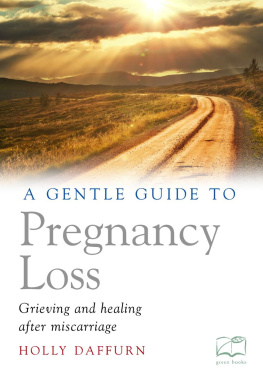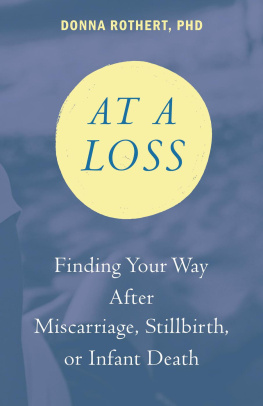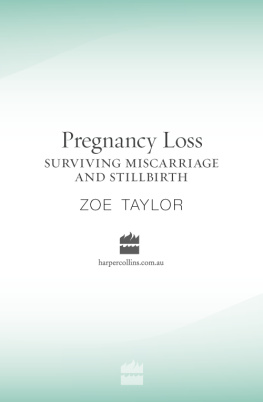First published 1996 by Berg Publishers
Published 2020 by Routledge
2 Park Square, Milton Park, Abingdon, Oxon OX14 4RN
605 Third Avenue, New York, NY 10017
Routledge is an imprint of the Taylor & Francis Group, an in forma business
Rosanne Cecil 1996
All rights reserved. No part of this book may be reprinted or reproduced or utilised in any form or by any electronic, mechanical, or other means, now known or hereafter invented, including photocopying and recording, or in any information storage or retrieval system, without permission in writing from the publishers.
Notice:
Product or corporate names may be trademarks or registered trademarks, and are used only for identification and explanation without intent to infringe.
Library of Congress Cataloging-in-Publication Data
A catalogue record for this book is available from the Library of Congress.
British Library Cataloguing-in-Publication Data
A catalogue record for this book is available from the British Library.
Typeset by JS Typesetting, Wellingborough, Northants.
ISBN 13: 978-1-859-73120-8 (hbk)
ISBN 13: 978-1-859-73125-3 (pbk)
Rosanne Cecil is a Research Fellow in the Department of Social Anthropology, the Queens University of Belfast (Northern Ireland). She has undertaken work into miscarriage and other aspects of womens reproductive health. She previously carried out research into sectarianism, kinship and gender in Northern Ireland. Her publications include (with John Offer and Fred St Leger) Informal Welfare: A Sociological Study of Care in Northern Ireland, Aldershot, Gower, 1987. Her main research interests are in medical anthropology, dietary practices and beliefs, and religious practice and discourse.
Beverley Chalmers is an Associate Professor and Clinical Scientist at the University of Toronto, Perinatal Clinical Epidemiology Unit (Canada). Her areas of interest lie in the field of health psychology, particularly maternal and child health, and multi-cultural health psychology and health promotion. Formerly at the University of Witwatersrand (South Africa), she is the author of over a hundred publications, including African Birth: Childbirth in Cultural Transition, Sandton, Berev Publications, 1990, and Pregnancy and Parenthood, Sandton, Berev Publications, 1990.
Michael A. DeLuca is a doctoral student in anthropology at the State University of New York, Binghampton (USA). His research interests include growth and development, human ecology, and the biological and health implications of sedentism among formerly nomadic peoples. His current research focus is reproductive ecology and intra-uterine mortality among the Turkana population of northwestern Kenya.
Mark Jackson is a Research Associate and Lecturer at the Wellcome Unit for the History of Medicine in the University of Manchester (England). He is the author of New-born Child Murder: Women, Illegitimacy and the Courts in Eighteenth-Century England, Manchester, Manchester University Press, 1996. His current research interests include the social history of mental deficiency in the late nineteenth and early twentieth centuries (on which subject he has several recent and forthcoming public-ations), and a new project on the history of immunology in the twentieth century.
Patricia Jeffery is Professor in the Department of Sociology, University of Edinburgh (Scotland). Her interests include gender and development, especially childbearing, womens reproductive rights, social demography and population policies in South Asia. Her publications include Migrants and Refugees: Muslim and ChristianPakistani Families in Bristol, Cambridge, Cambridge University Press, 1976; Frogs in a Well: Indian Women in Purdah, London, Zed Press, 1979, and (with Roger Jeffery and Andrew Lyon) Labour Pains andLabour Power: Women and Childbearing in India, London, Zed Books, 1989. She and Roger Jeffery are co-authors of two other books, DontMarry me to a Plowman! Village Women in North India, Boulder, Colorado, Westview Press, 1996 and Population and Politics: Gender,Class and Ethnicity in Rural North India, Cambridge, Cambridge University Press, forthcoming.
Roger Jeffery is Senior Lecturer in the Department of Sociology, University of Edinburgh (Scotland). His interests include social demography, agrarian change and forest management. Apart from his joint publications with Patricia Jeffery, his publications include ThePolitics of Health in India, Berkeley, Los Angeles, and London, University of California Press, 1988, several articles on health policy in India and Pakistan, and a collection (co-edited with Alaka Basu) entitled Girls Schooling, Womens Autonomy and Fertility Change in SouthAsia, New Delhi, Newbury Park, California and London, Sage, 1996.
Linda L. Layne, a cultural anthropologist, is Alma and H. Erwin Hale 30 Teaching Professor of Humanities and Social Sciences in the Department of Science and Technology Studies, Rensselaer Polytechnic Institute, New York (USA). She is the author of Home and Homeland:The Dialogics of Tribal and National Identities in Jordan, Princeton, New Jersey, Princeton University Press, 1994, and Motherhood Lost:Cultural Constructions of Miscarriage and Stillbirth in America, New York, Routledge, forthcoming. She is the editor of Elections in theMiddle East, Boulder, Colorado, Westview Press, 1987. Her current research interests include new reproductive technologies, the intersections of biomedical, religious and popular discourses, representations of nature, technoscience and everyday life in the USA and the Arab world.
Paul W. Leslie is an anthropologist with interests in human ecology and demography. He pursued his graduate training at Pennsylvania State University and is currently Associate Professor of Anthropology and Fellow, Carolina Population Center, University of North Carolina at Chapel Hill (USA). He has conducted research in the Caribbean and East Africa, most recently focusing on the ecology of reproduction among the Turkana of northwest Kenya. He is the author of a number of works on demography and human biology, reproductive ecology, and the Turkana of northwest Kenya.
Olayinka M. Njikam Savage,









